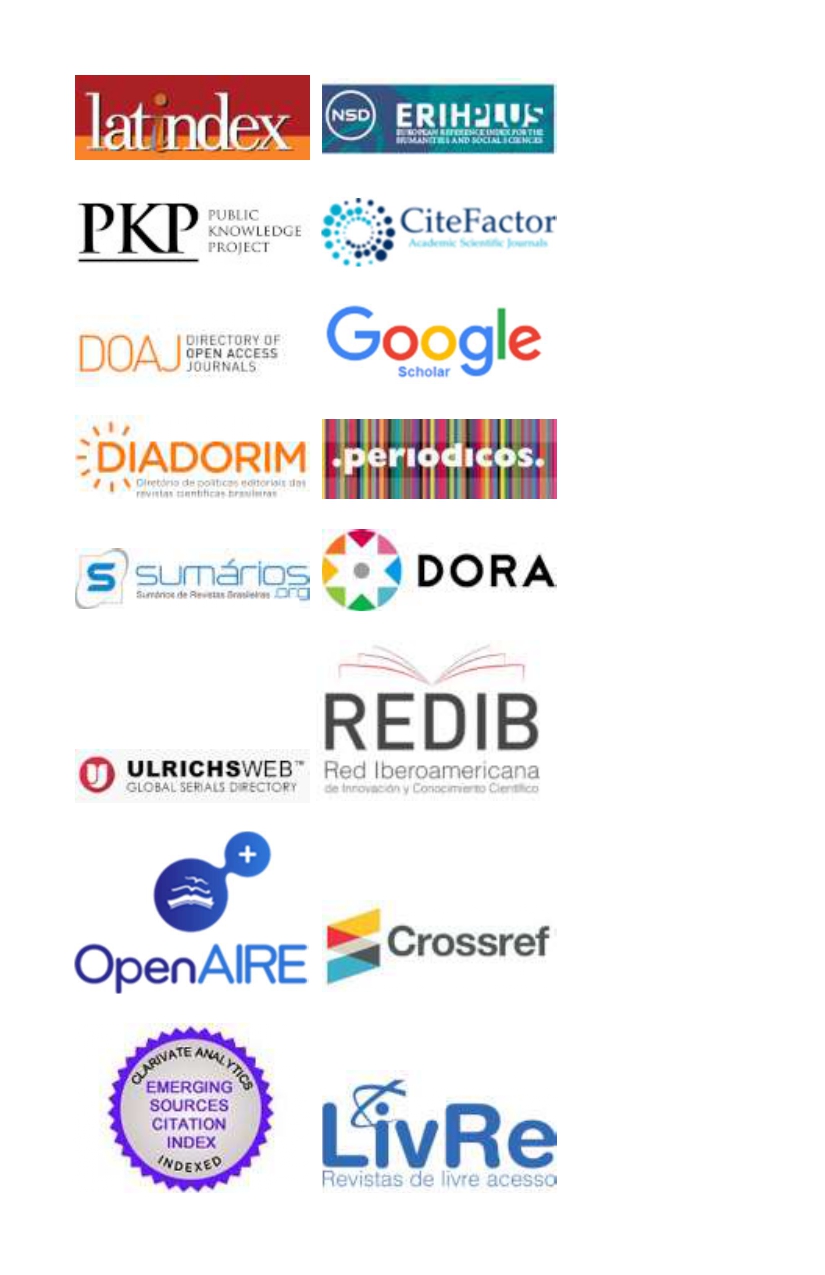REACTIONS TO DAVID TRUBEK AND CAMILA ALVES
Resumen
David Trubek and Camila Alves focus their reactions on the concept of spontaneous institutional bypasses, offering a potential case study. We are deeply grateful to them for engaging with the concept we offered and also setting a potential agenda for future research. We are hoping that our book will stimulate not only normative studies that set the parameters to distinguish successful and unsuccessful bypasses (see our response to Machado, in this volume), but will also incentivize the kind of descriptive analysis developed by Trubek and Alves. The descriptive analysis basically consists of exploring other examples that may also be characterized as what we call an institutional bypass. Offering a concrete example for researchers to explore, as Trubek and Alves do, is certainly of great value.Descargas
Los datos de descargas todavía no están disponibles.
Citas
Hirschman, Albert O. 1972. Exit, Voice, and Loyalty: Responses to Decline in Firms, Organizations, and States. Cambridge, MA: Harvard University Press.
Prado, Mariana Mota, and Steven J. Hoffman. 2019. “The Promises and Perils of International Institutional Bypasses: Defining a New Concept and Its Policy Implications for Global Governance.” Transnational Legal Theory 10 (3–4): 275–94. https://doi.org/10.1080/20414005.2019.1686866.
Descargas
Publicado
2020-09-23
Cómo citar
Prado, M. M., & Trebilcock, M. J. (2020). REACTIONS TO DAVID TRUBEK AND CAMILA ALVES. REI - REVISTA ESTUDOS INSTITUCIONAIS, 6(2), 766–768. Recuperado a partir de https://estudosinstitucionais.emnuvens.com.br/REI/article/view/532
Número
Sección
Book Review
Licencia
Autores que publicam nesta revista concordam com os seguintes termos:
- Autores mantém os direitos autorais e concedem à revista o direito de primeira publicação, com o trabalho simultaneamente licenciado sob a Licença Creative Commons Attribution que permite o compartilhamento do trabalho com reconhecimento da autoria e publicação inicial nesta revista.
- Autores têm autorização para assumir contratos adicionais separadamente, para distribuição não-exclusiva da versão do trabalho publicada nesta revista (ex.: publicar em repositório institucional ou como capítulo de livro), com reconhecimento de autoria e publicação inicial nesta revista.
- Autores têm permissão e são estimulados a publicar e distribuir seu trabalho online após a publicação na revista.






